Why You Feel Like You Are Always 33 Jesus Christ And Eternal Purpose
Discover why your soul feels spiritually drawn to the age of 33. Explore how Jesus’ life at 33 reveals your eternal identity and calling in God.

Discover the shocking truths behind Jesus’ teachings that flipped the ancient world upside down — and still challenge us today!
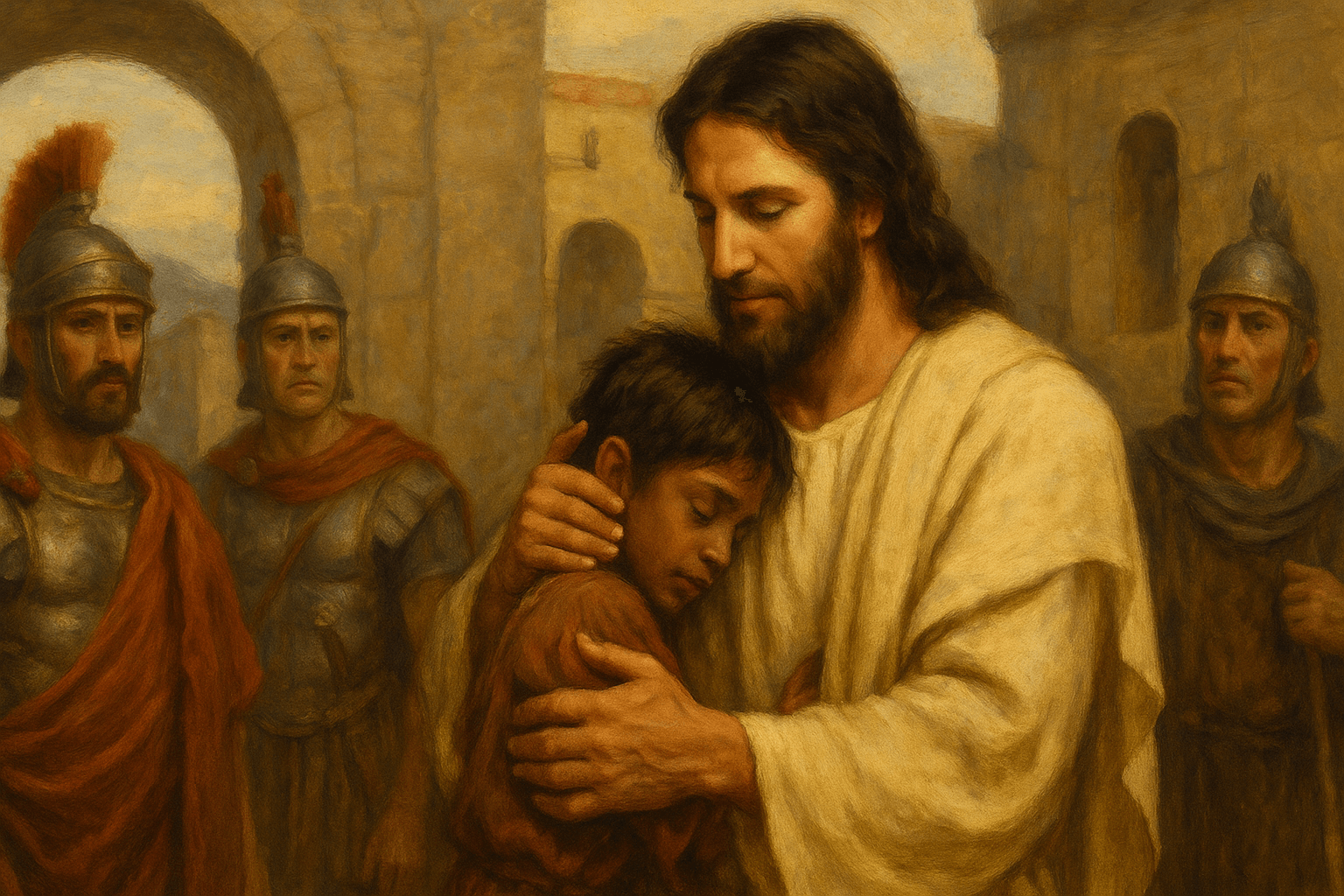
When Jesus of Nazareth began teaching in first-century Judea, He sparked a spiritual revolution that changed history. In a world dominated by Roman law, Jewish religious traditions, and cultural hierarchies, Jesus spoke words that flipped societal norms, challenged religious elites, and offered hope to the marginalized. But what exactly made His teachings so radical, so different — and so enduring?
In this article, we'll explore how Jesus' messages stood out in His historical context, examining the core ideas that made His voice so revolutionary then — and why they still resonate today.
In Jesus' time, moral codes were often based on reciprocity. "Love your neighbor and hate your enemy" was not a biblical command but a cultural mindset reinforced by Roman imperialism and religious separation.
Jesus flipped this idea on its head:
But I tell you, love your enemies and pray for those who persecute you.
— Matthew 5:44
This wasn’t just about tolerance — it was active, sacrificial love.
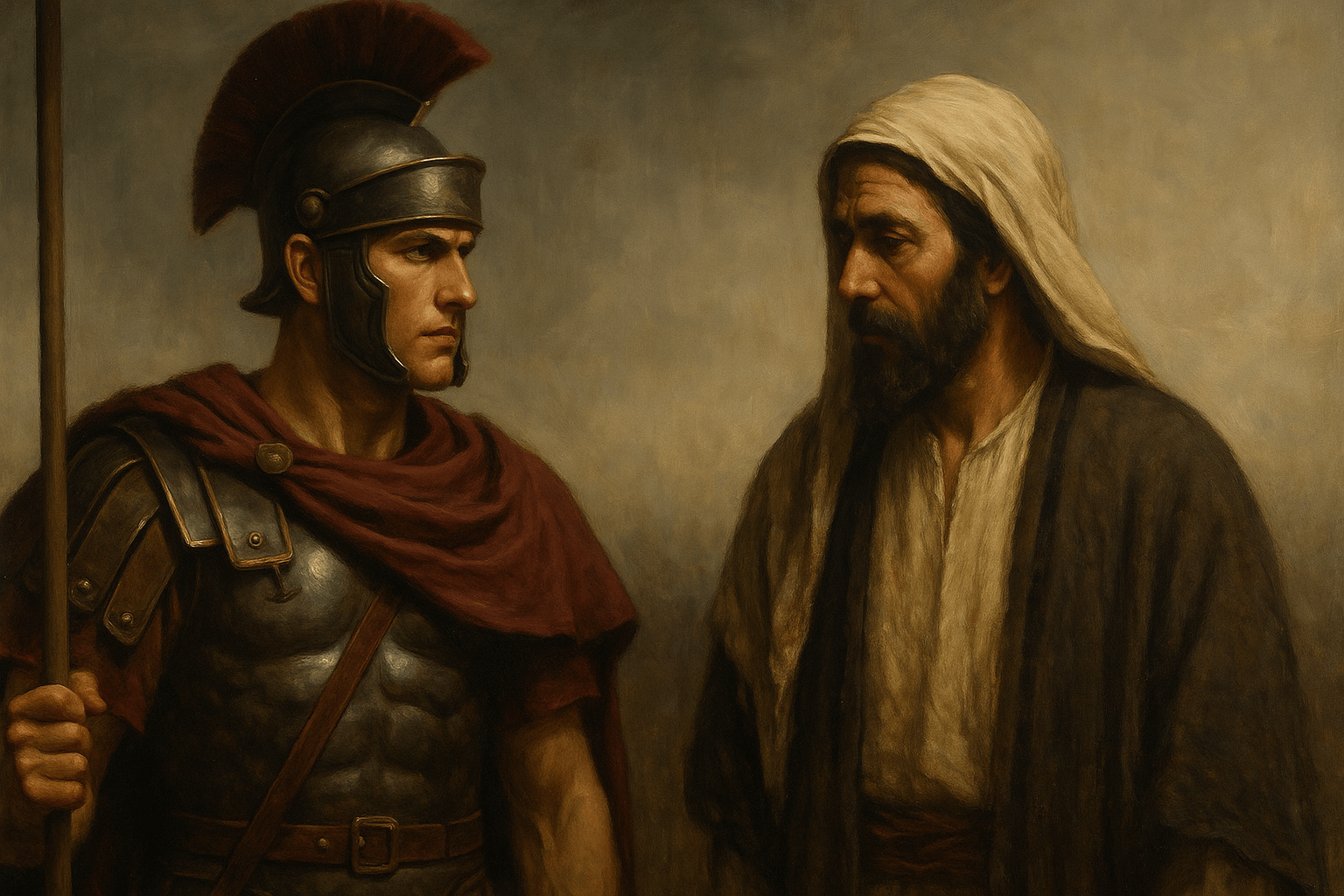
Both Roman and Jewish societies were deeply hierarchical. Social status, gender, and wealth determined value.
Whoever wants to become great among you must be your servant.
— Matthew 20:26
Jesus redefined greatness through humility and service, not conquest or pedigree.
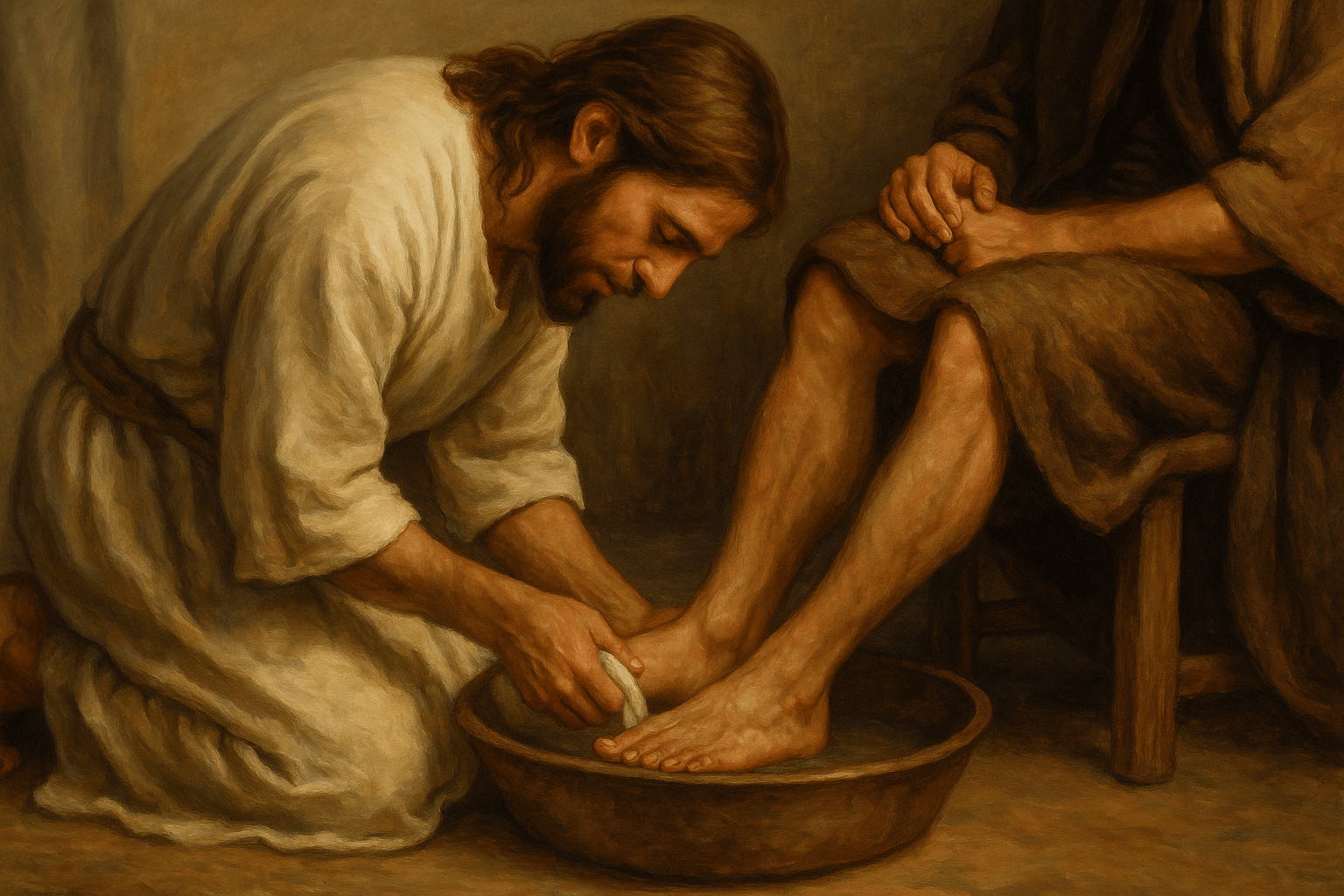
Many Jews expected a political Messiah to overthrow Roman rule.
Jesus announced a different kind of kingdom — not one of swords and armies, but of peace, mercy, and justice.
The Kingdom of God is within you.
— Luke 17:21
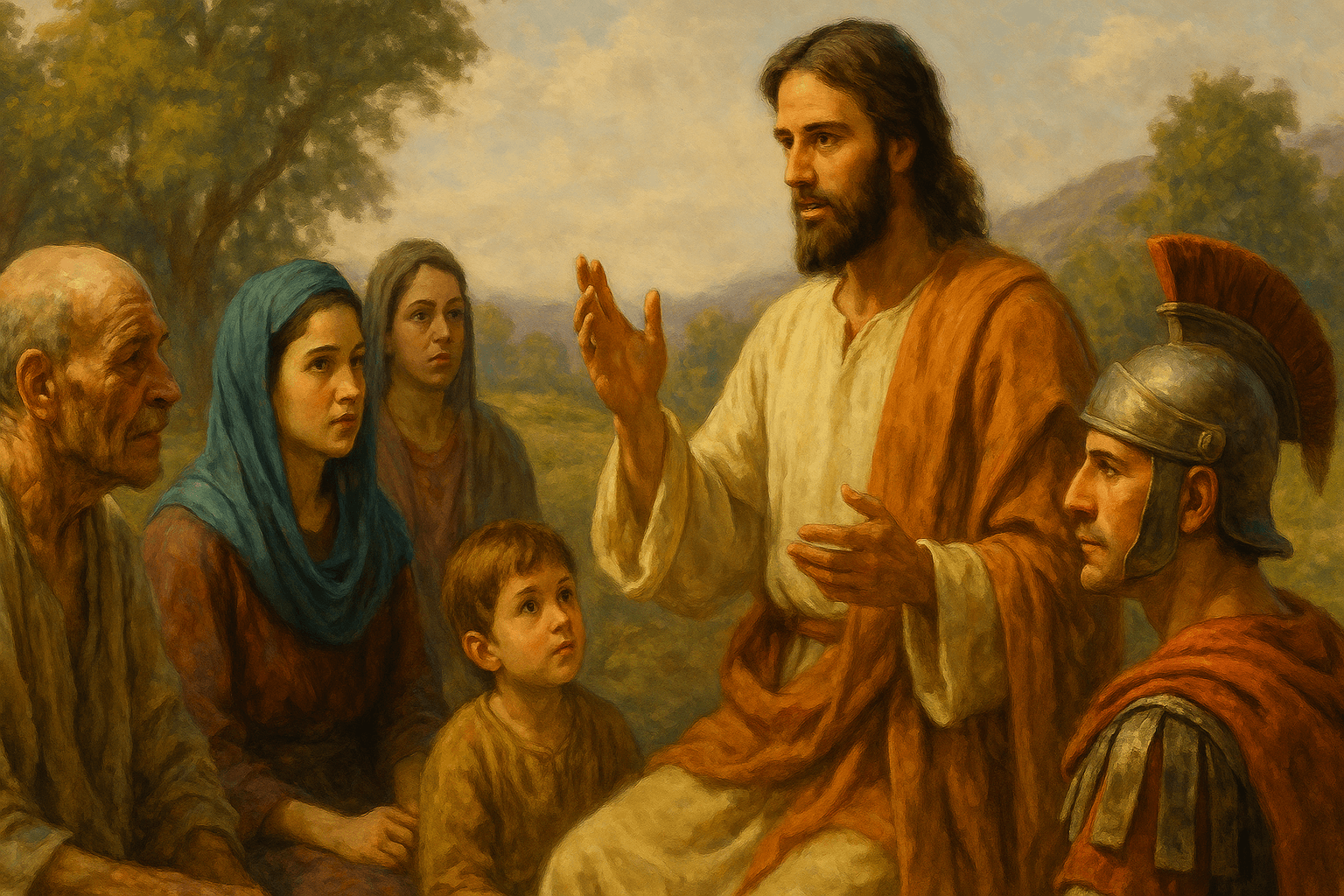
The Old Testament law of "an eye for an eye" (Exodus 21:24) was a system of proportional justice — better than unchecked revenge, but still focused on retribution.
If someone slaps you on the right cheek, turn to them the other also.
— Matthew 5:39
He wasn't promoting weakness — He was advocating a strong, non-violent resistance rooted in dignity.
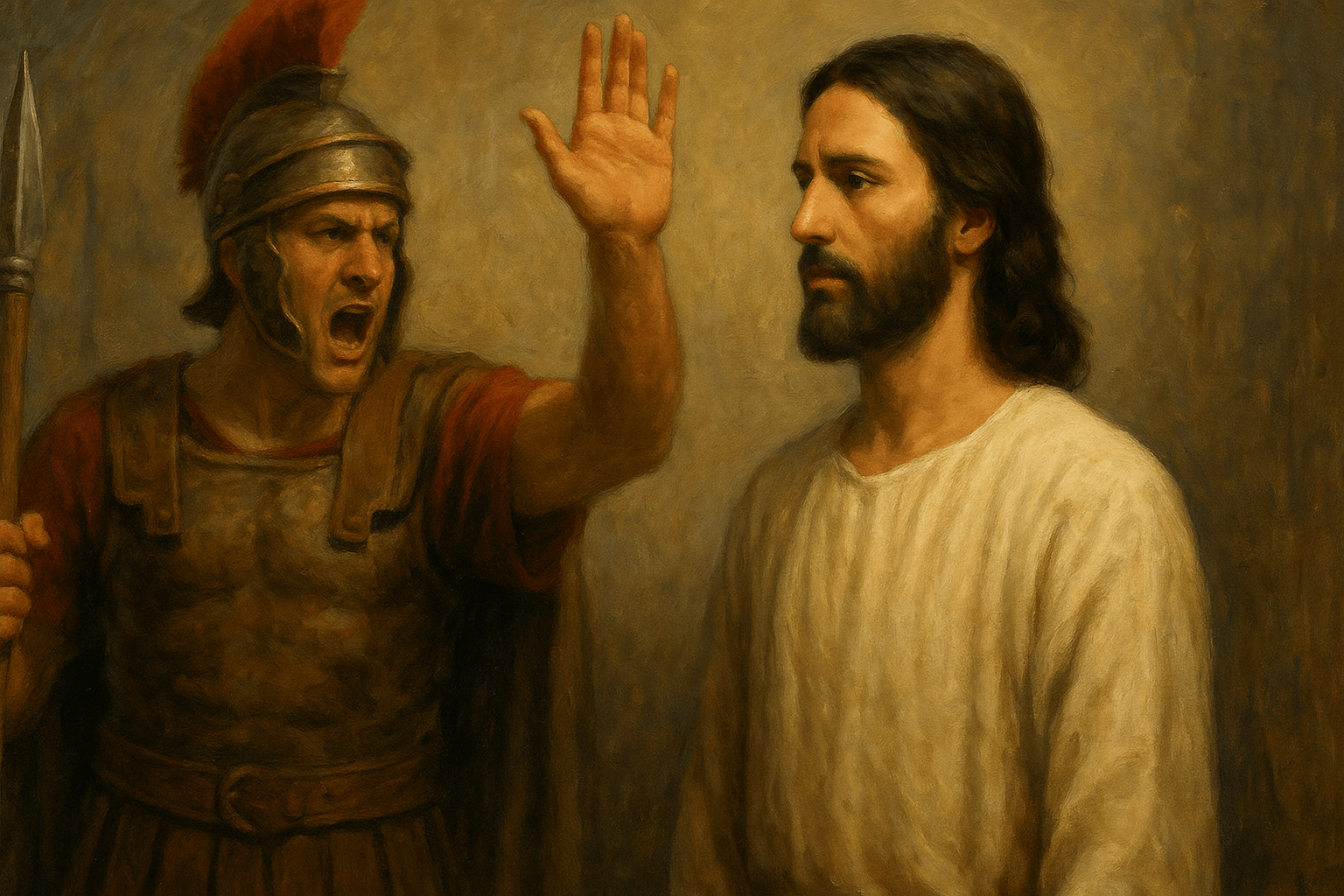
Many Jewish sects (like the Pharisees or Essenes) drew strict lines between clean and unclean, righteous and unrighteous.
I have not come to call the righteous, but sinners.
— Luke 5:32
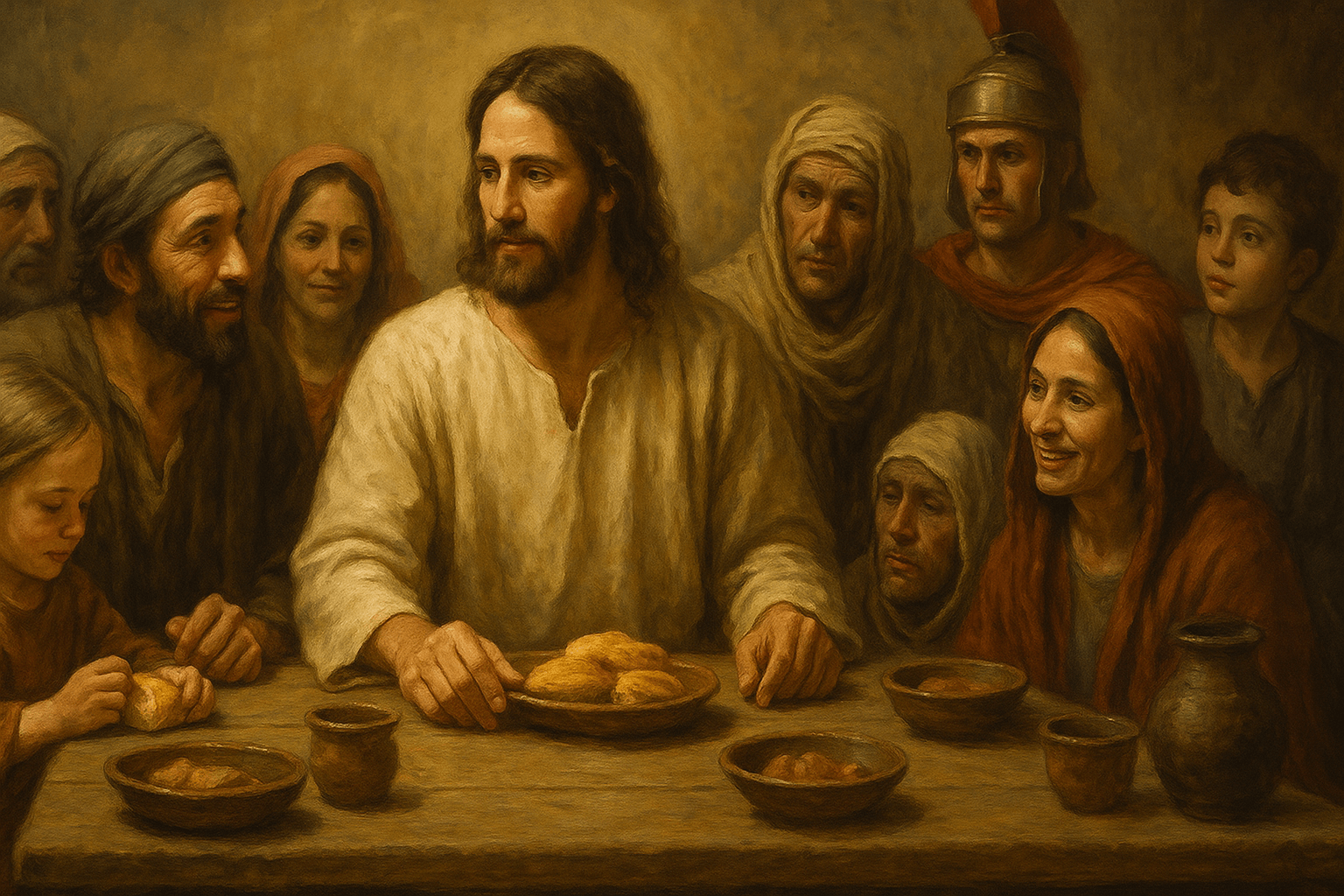
Rabbis often quoted predecessors and cited chains of tradition. Authority was inherited or referenced.
"You have heard it said... but I tell you..."
— Matthew 5:21–22
Jesus claimed the authority to reinterpret the Law itself — something only God could rightly do.
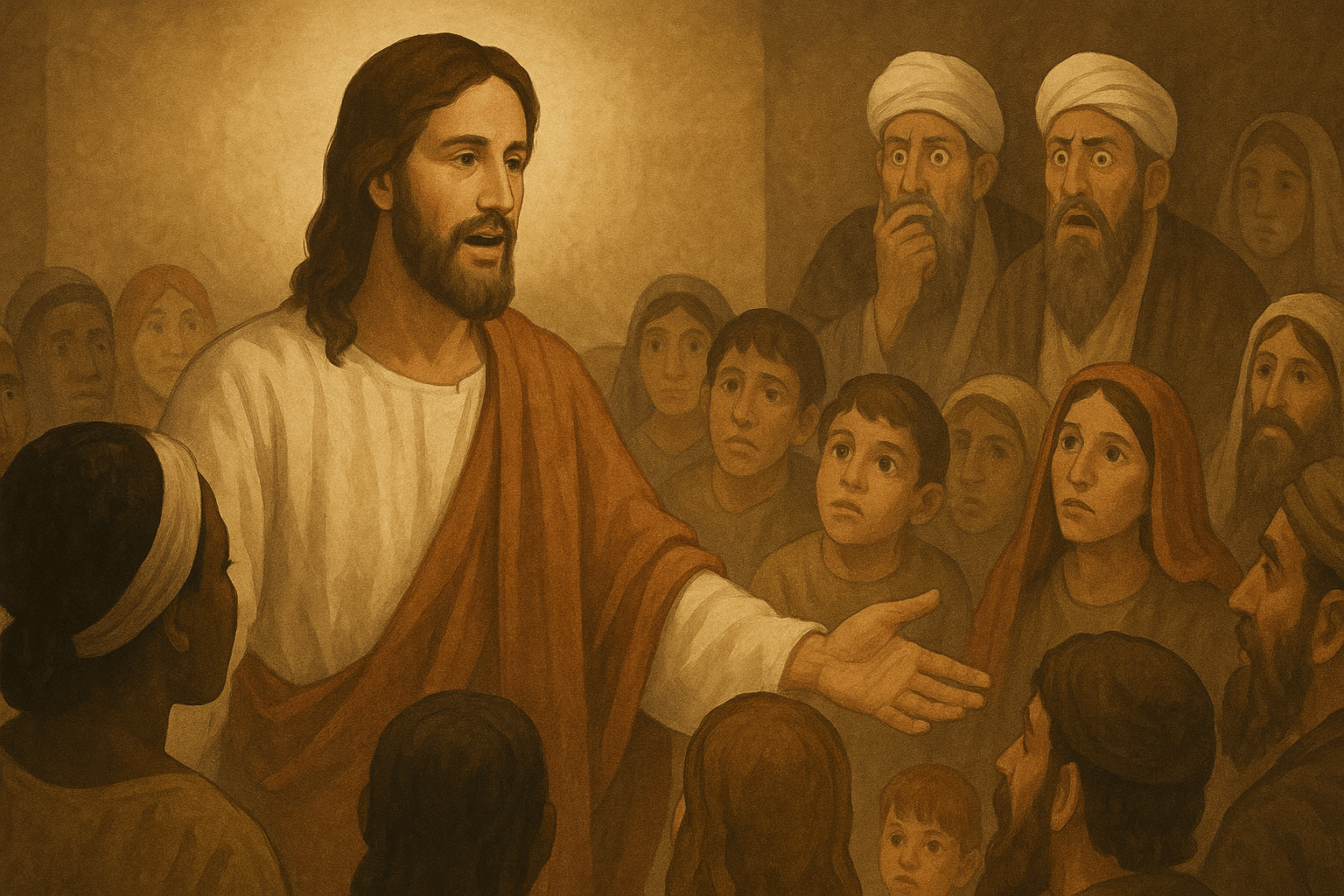
Religious leaders emphasized ritual purity, tithing, and external observance.
"Woe to you, teachers of the law and Pharisees, you hypocrites! You clean the outside of the cup... but inside... you are full of greed and self-indulgence."
— Matthew 23:25
He emphasized transformation of the heart over outward behavior.
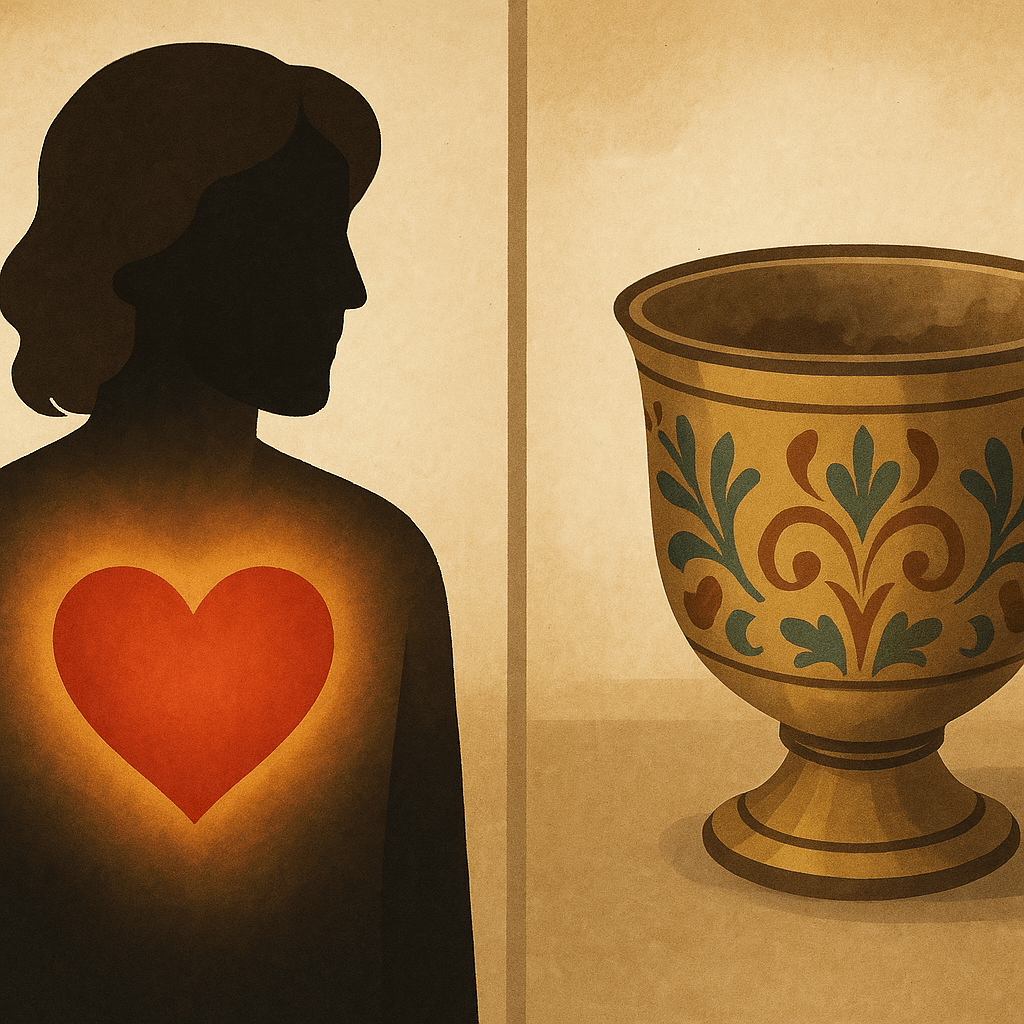
Jewish law contained detailed rules about Sabbath observance — many added later by religious leaders.
"The Sabbath was made for man, not man for the Sabbath."
— Mark 2:27
Jesus restored the Sabbath's original purpose: rest and renewal, not ritual oppression.
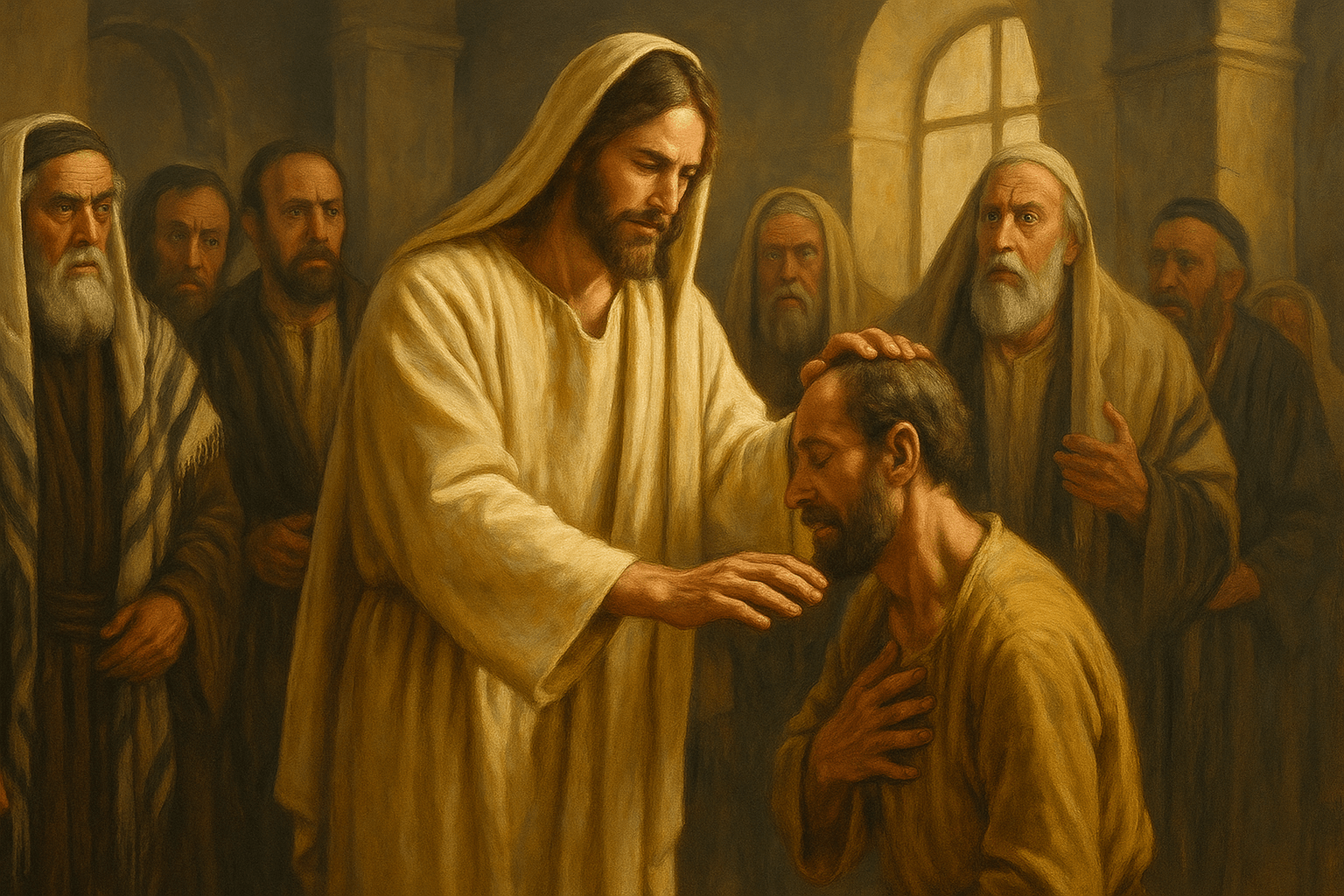
Jesus' teachings were revolutionary not because they were loud or forceful — but because they were deeply subversive. In a world obsessed with power, purity, and pride, He preached humility, mercy, and inclusion. He challenged the core of how people related to God and one another.
And what's more remarkable: these ideas are just as radical — and needed — today.
If we lived as Jesus taught, loving enemies, serving others, and welcoming the outsider, the world would be unrecognizably transformed.
Discover why your soul feels spiritually drawn to the age of 33. Explore how Jesus’ life at 33 reveals your eternal identity and calling in God.

Discover why so many feel spiritually connected to the age of 33 and how it reflects Jesus’ eternal calling to love faith and discipleship

Discover how to find biblical precepts and apply them to your Christian life. Learn how God’s Word guides faith, prayer, discipleship, and grace.

Discover the life-changing moral lesson of the Good Samaritan and how it reveals Jesus’ call to live a compassionate, faith-filled Christian life.
.png)
Discover all the biblical victories of Archangel Michael and how they inspire Christians today. Explore Scripture, faith, and God’s eternal victory.
.png)
Find comfort and restoration through this heartfelt Christian prayer and guide for emotional healing. Discover hope in Jesus and strength in God’s love.
.png)
Discover a Christ-centered beginner’s guide to praying the rosary. Grow in faith, peace, and discipleship through this scriptural Christian prayer practice.

Discover how unanswered prayers can deepen your faith, teach patience, and draw you closer to Jesus Christ’s enduring love.
 (1).png)
Explore essential spiritual disciplines such as prayer, scripture meditation, worship, and fasting to deepen your faith and relationship with Jesus Christ.
.png)
Discover how to overcome fear by deepening your faith, trusting God's promises, and embracing biblical principles to live courageously and peacefully
.png)
Are you asking questions like, "Can I be Christian and still...?" Explore biblical and grace-filled answers about tattoos, therapy, doubt, and more.

Discover life-changing biblical steps to reconciliation that bring peace, healing, and restored relationships through Jesus and the power of the Holy Spirit.
.png)
Discover 7 powerful Christian marriage secrets every couple needs to know. Strengthen your relationship through prayer, faith, and God-centered love with practical, biblical advice.

Discover how authentic Christian friendships sharpen your faith, deepen your discipleship, and reflect Christ’s transformative love in everyday life.
.png)